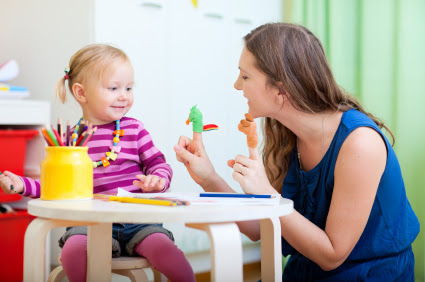The Difference Between Preschool and Daycare
Learn the key differences between preschool and daycare so that you can prepare to make the best choice for your child and family. Your little one is growing up fast, so naturally, you're starting to wonder about the next phase in his or her development. If you're a bit unsure about what distinguishes preschool from daycare: that's okay, we're here to help. This post outlines some of the key aspects of each program and clarifies the differences. Age While daycares will accept children as young as infants, preschool is intended for children ages three to five. Keep in mind that most preschool programs require students to know how to use the bathroom. Fontainebleau Childcare Academy is unique in that it implements an age-appropriate curriculum for children from six weeks to five years. Education The purpose of preschool is to provide a foundation that prepares your child for k...


